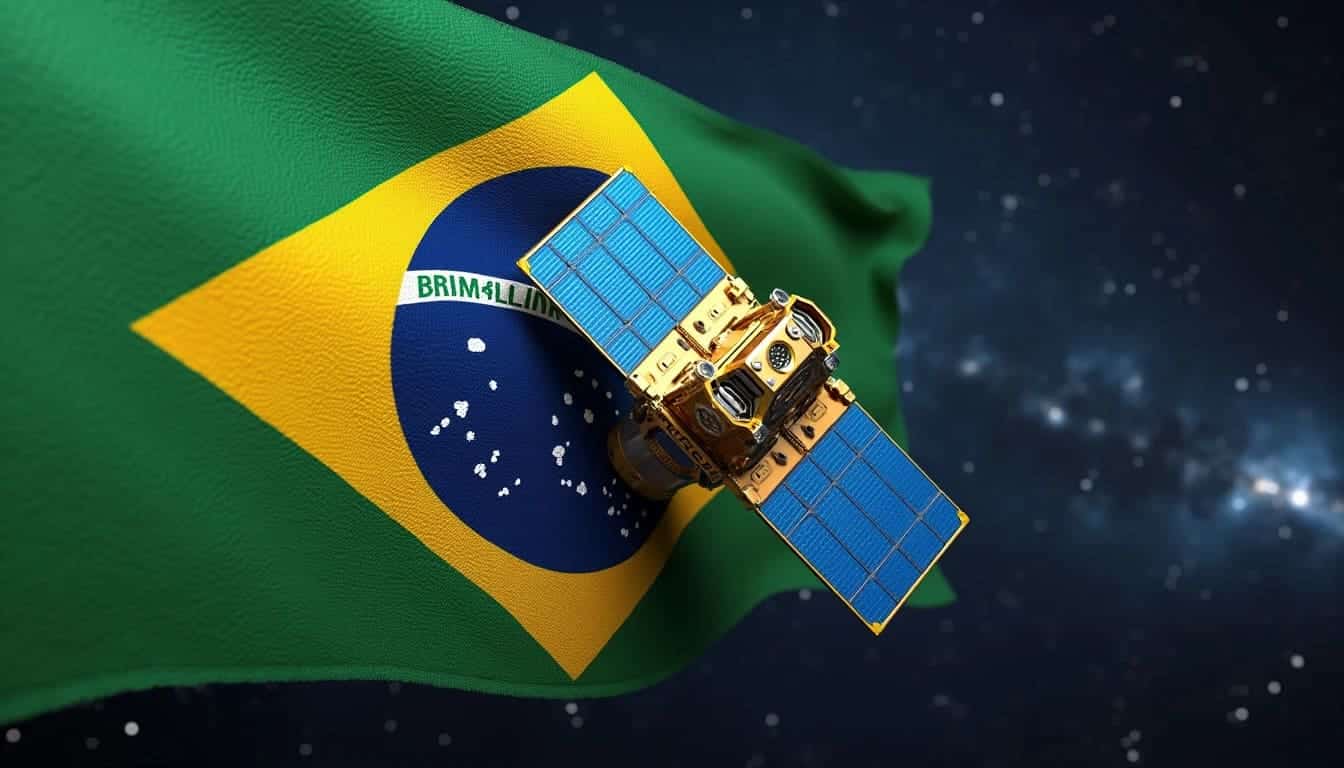Elon Musk, through his satellite internet service Starlink, is in the midst of a legal dispute with the Supreme Court of Brazil. The controversy arises after Brazilian regulators ordered the blocking of the social network X, also owned by Musk, due to allegations of misinformation and hate speech.
Alexandre de Moraes, the judge of the Supreme Court of Brazil leading the case, issued an order for all service providers in the country to block access to X. This measure is part of a broader effort to control the spread of harmful content on digital platforms. However, Starlink, which operates through satellites and offers global connectivity, has directly challenged the court order, claiming that its space infrastructure is not subject to Brazil’s local regulations.
The Brazilian Supreme Court has responded to Starlink’s disobedience by freezing the company’s assets in the country and prohibiting any financial transactions related to its operations in Brazil. Moraes accuses X of being a platform that facilitates the spread of misinformation and hate speech, leading to the drastic judicial measure.
The conflict raises profound questions about national sovereignty in the digital age and the ability of governments to regulate global companies with significant influence. Should Musk, with his satellite network operating in space, be exempt from national laws? Or is it right to challenge a court order that seeks to combat misinformation and protect public integrity?
Starlink and Musk’s stance has sparked a heated debate about the balance between freedom of expression and government regulation on digital platforms. As the case unfolds, the world watches closely how this showdown between the judicial power of Brazil and one of the most influential figures in modern technology will be resolved.

